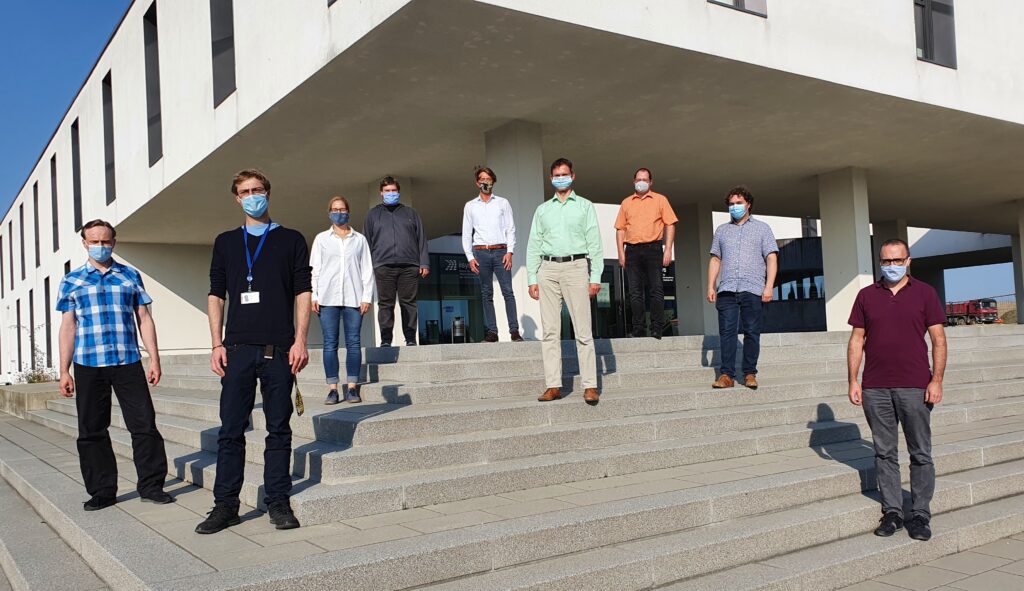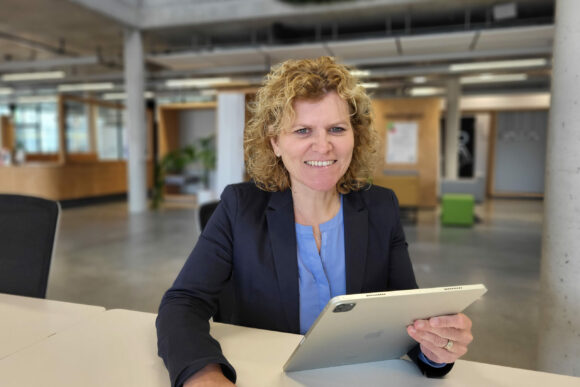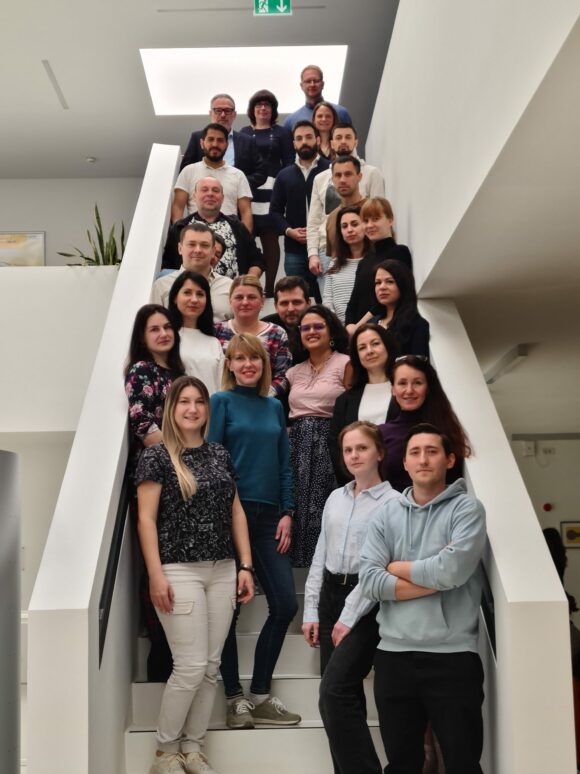Tax evasion is to become more difficult – this is the goal of a collaboration between Hof University of Applied Sciences and the Bavarian State Tax Office, initially planned for two years. Among other things, the aim is to create a web interface that will make the assessment and prosecution of suspicious activities easier and more effective for the tax authorities. The new collaboration is the result of an initiative by head of unit Michael Glauer and university professors Valentin Plenk and René Peinl.

The cooperation essentially comprises two aspects: One subproject involves the development of an innovative web interface for sifting through large amounts of data. This is intended to provide employees at the Bavarian State Tax Office with interactive query options
Our application is intended to help tax experts process data release requests for tracking suspicious activities of taxpayers more efficiently.”
Prof. Dr. Rene Peinl
This is to be achieved by creating dynamic views on the new web interface, applying filter rules to the requested data and observing global “blacklisting and whitelisting”. In this context, experts understand blacklisting to mean that certain data is never released because it is classified as particularly sensitive. Whitelisting, on the other hand, means that certain data can be released in any case.
In the second subproject, iisys is developing a parallel concept for the real-time evaluation of large volumes of data. For this purpose, modern cluster data analysis technology is used. This also includes the evaluation of technological alternatives with their advantages and disadvantages.
The cooperation between the Institute for Information Systems (iisys) and the Bavarian State Tax Office is implemented by the research group System Integration at iisys and supported by the professors Sebastian Leuoth and Richard Göbel.







